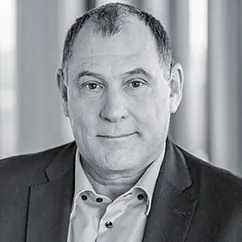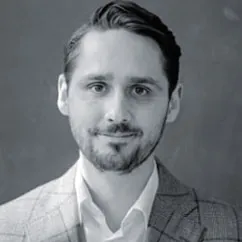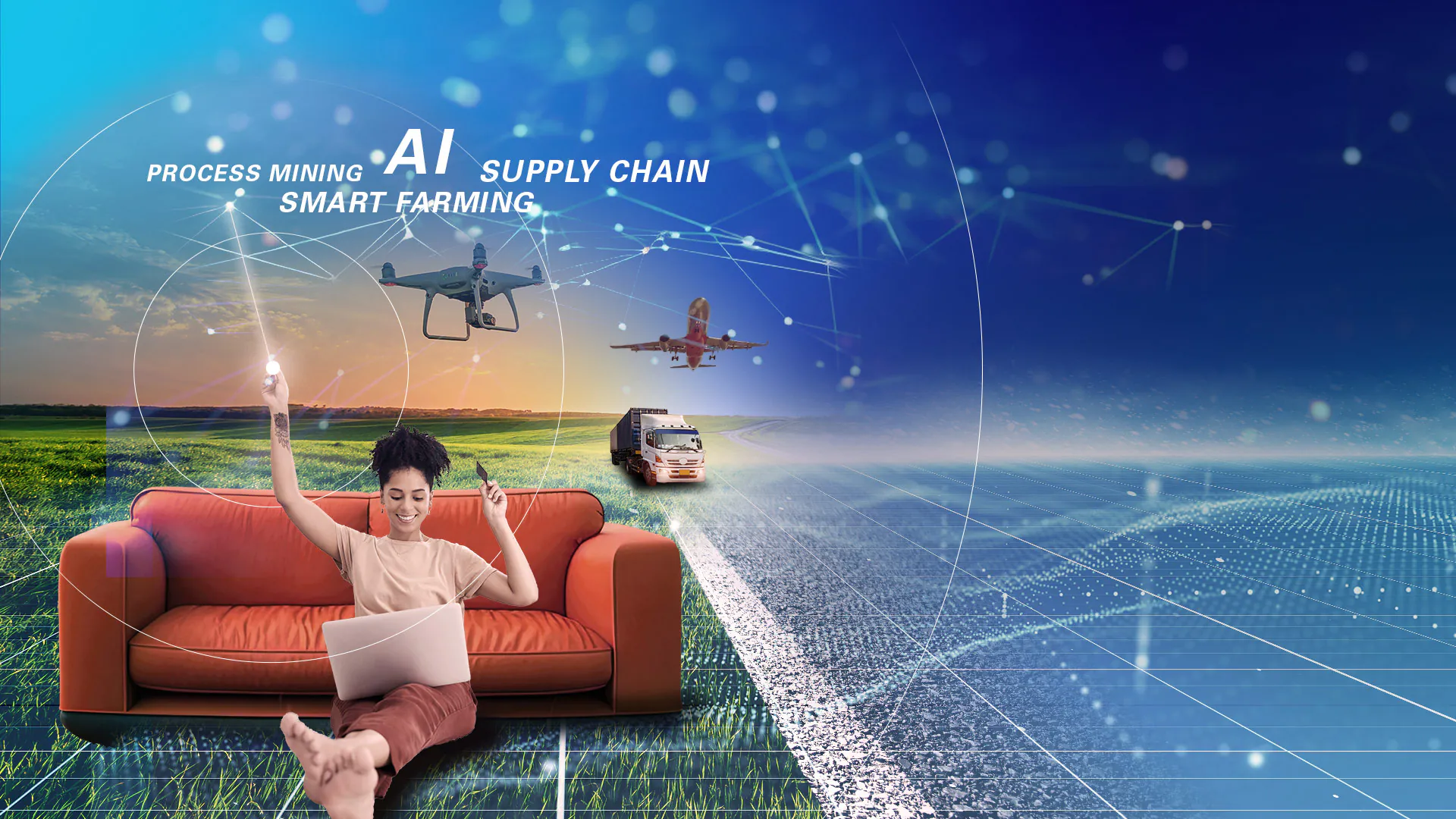
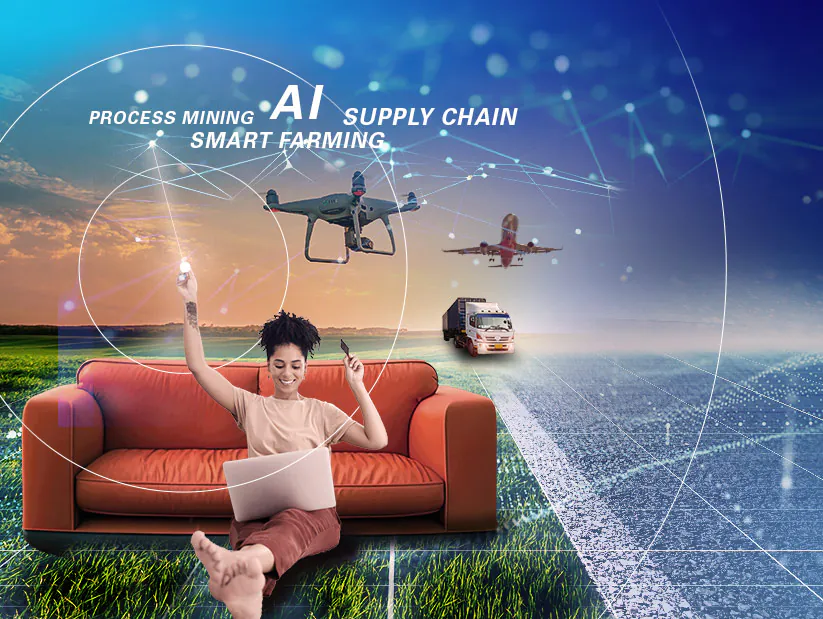
A·LOUNGE CONSUMER GOODS/RETAIL & DATA/IT
How are data and AI based applications like ChatGPT changing the consumer goods and retail world?
A·lounge Digital on July 25, 2023
You missed the event?
Watch the video recording with the most important learnings:

Atreus A·lounge Digital
THE WORLD OF CONSUMER GOODS AND RETAIL IN TRANSITION THROUGH DATA & AI
With ChatGPT, artificial intelligence has arrived in the public consciousness – and is already changing companies and entire industries. Consumer goods and retail companies are facing exciting challenges: How can they make processes more efficient? What innovative business models can be developed with the help of data and AI?
In the event, hosted by Atreus Directors Michael Lichtinger and Franz Kubillum, experts from leading companies provided insights into concrete use cases for which AI and data-based applications are already being used successfully today.
A summary in 7 theses:
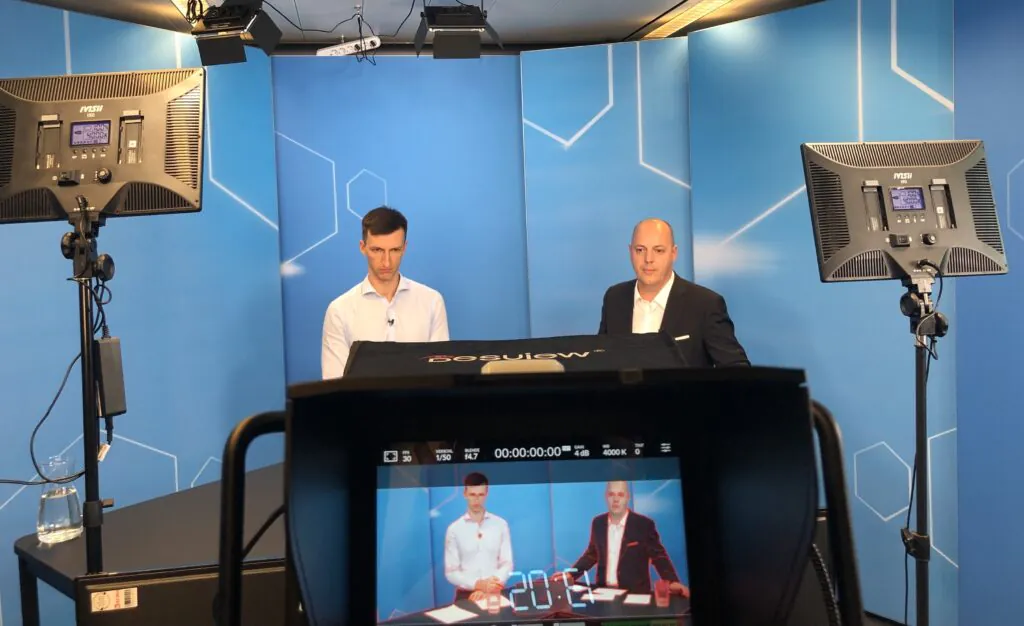
5. PROCESS MINING WITH AI: NOT ONLY FINDING PROBLEMS, BUT ALSO SOLVING THEM (AUTOMATICALLY)
“Behind the start of a process mining project there are usually either strategic goals or major pain points as the starting point for the desire for change,” says Drebes. From the strategic goals (e.g.: improving order management) – KPIs can be derived (e.g.: perfect order rate), which can be broken down to the level of the individual process to identify and solve process problems. IKEA’s parent company INGKA, for example, uses Celonis to optimise its order management process. A country comparison revealed that the pick-up rate for store collection in the UK was significantly lower than elsewhere. Together with the process mining experts from Celonis, the company found the cause: In the UK, significantly more generous time windows were granted for pick-up, which in turn suggested a certain lack of commitment to the customers. As a result, many did not ultimately pick up their order. When INGKA shortened the time windows based on the analysis, the cancellation rate dropped by 43 per cent within a very short time.m 43 Prozent.
 +49 89 452249-540
+49 89 452249-540 
